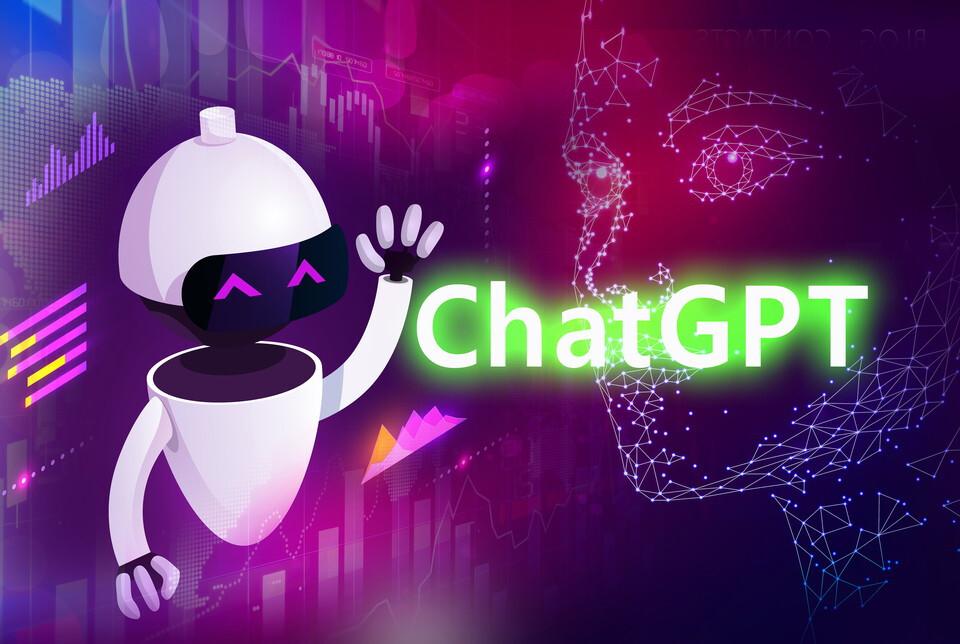
The Korea Communications Commission (KCC) has initiated a fact-finding investigation into OpenAI's ChatGPT, focusing on potential violations of the Telecommunications Business Act. This marks the first time the KCC has taken regulatory action against the popular AI chatbot service.
The investigation centers on whether OpenAI adequately informed and obtained consent from paid users regarding service usage limits and whether the company's cancellation and refund policies comply with the law.
Key Points of the Investigation:
Service Usage Limits:ChatGPT offers two paid subscription services: "Plus" and "Pro."
The "Plus" service, advertised as providing "more generous access" and "all free," includes undisclosed usage restrictions.
Users are limited to 80 messages every 3 hours for the GPT-4o model and 40 messages every 3 hours for GPT-4.
Usage limits may be further reduced during peak usage times.
The KCC will examine whether OpenAI properly disclosed these limitations to users.
Cancellation and Refund Policies:The KCC will also investigate whether ChatGPT's cancellation policy, which delays processing and refunds until the next billing cycle, complies with regulations.
Legal Basis:The Telecommunications Business Act prohibits telecommunications service providers from failing to disclose or falsely disclosing important information such as service fees, contract terms, and discounts.
If violations are found, the KCC can issue corrective orders and impose fines, which may be fixed amounts or calculated based on service revenue.
Past regulatory actions:In the past, the KCC has imposed large fines on big tech companies. For example, in October 2023, the KCC announced fines of 47.5 billion won for Google and 20.5 billion won for Apple due to in-app payment issues.
OpenAI's Response:Currently OpenAI has not released an official response to the investigation.
The KCC's investigation highlights the growing regulatory scrutiny of AI services and the importance of consumer protection in the rapidly evolving technology landscape.
[Copyright (c) Global Economic Times. All Rights Reserved.]






























